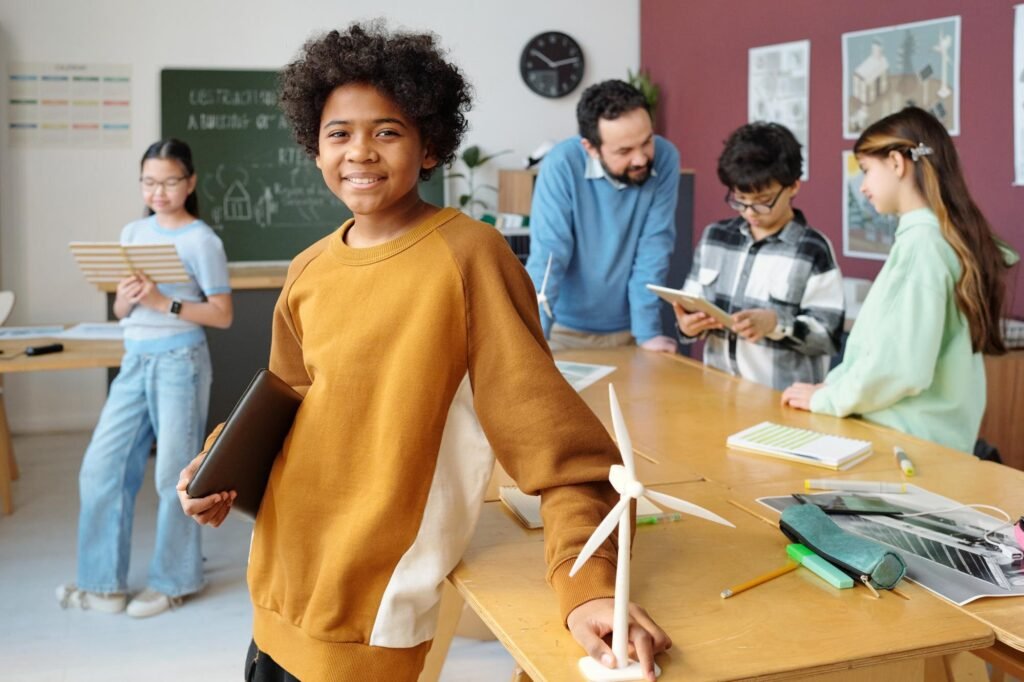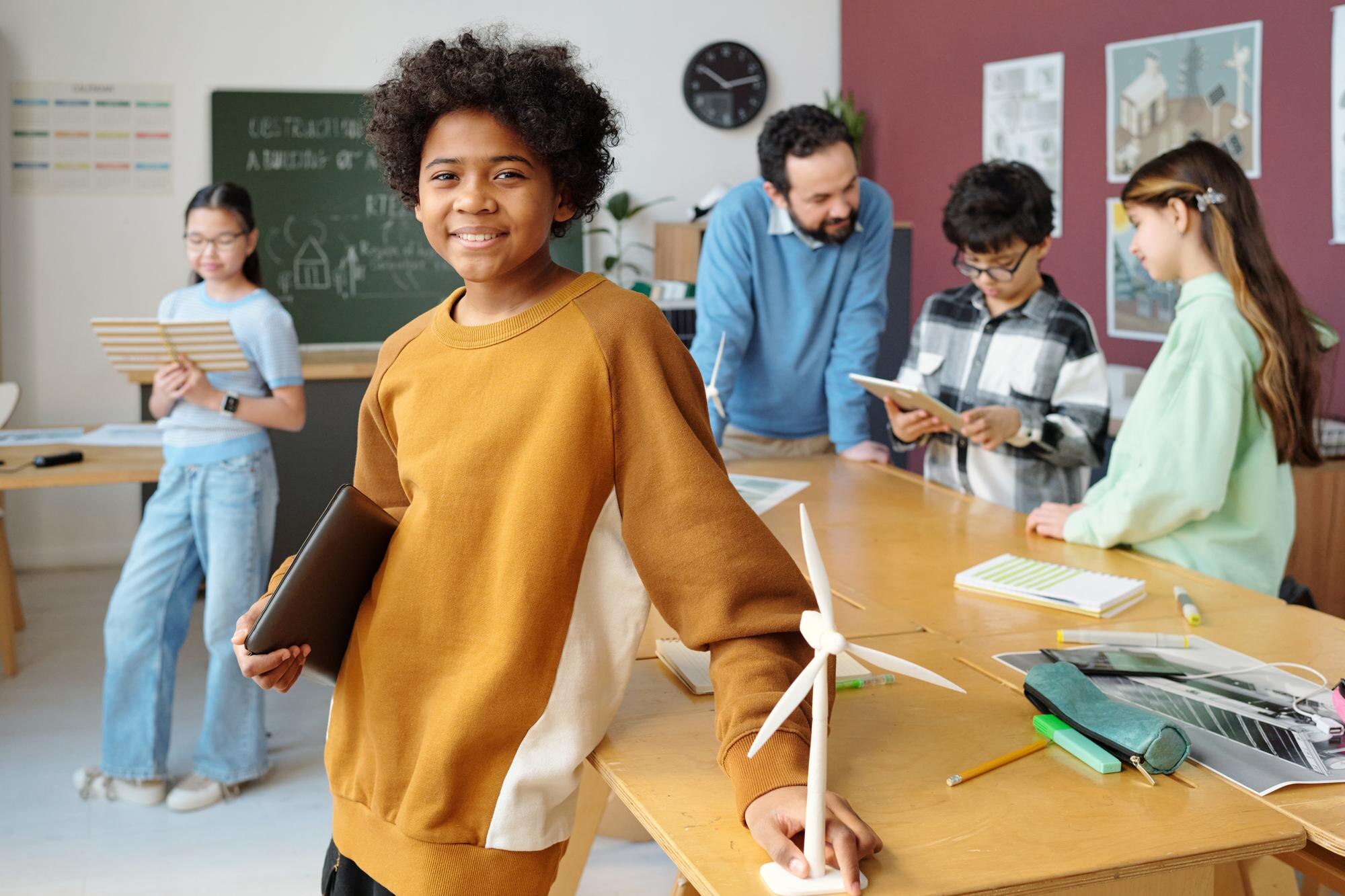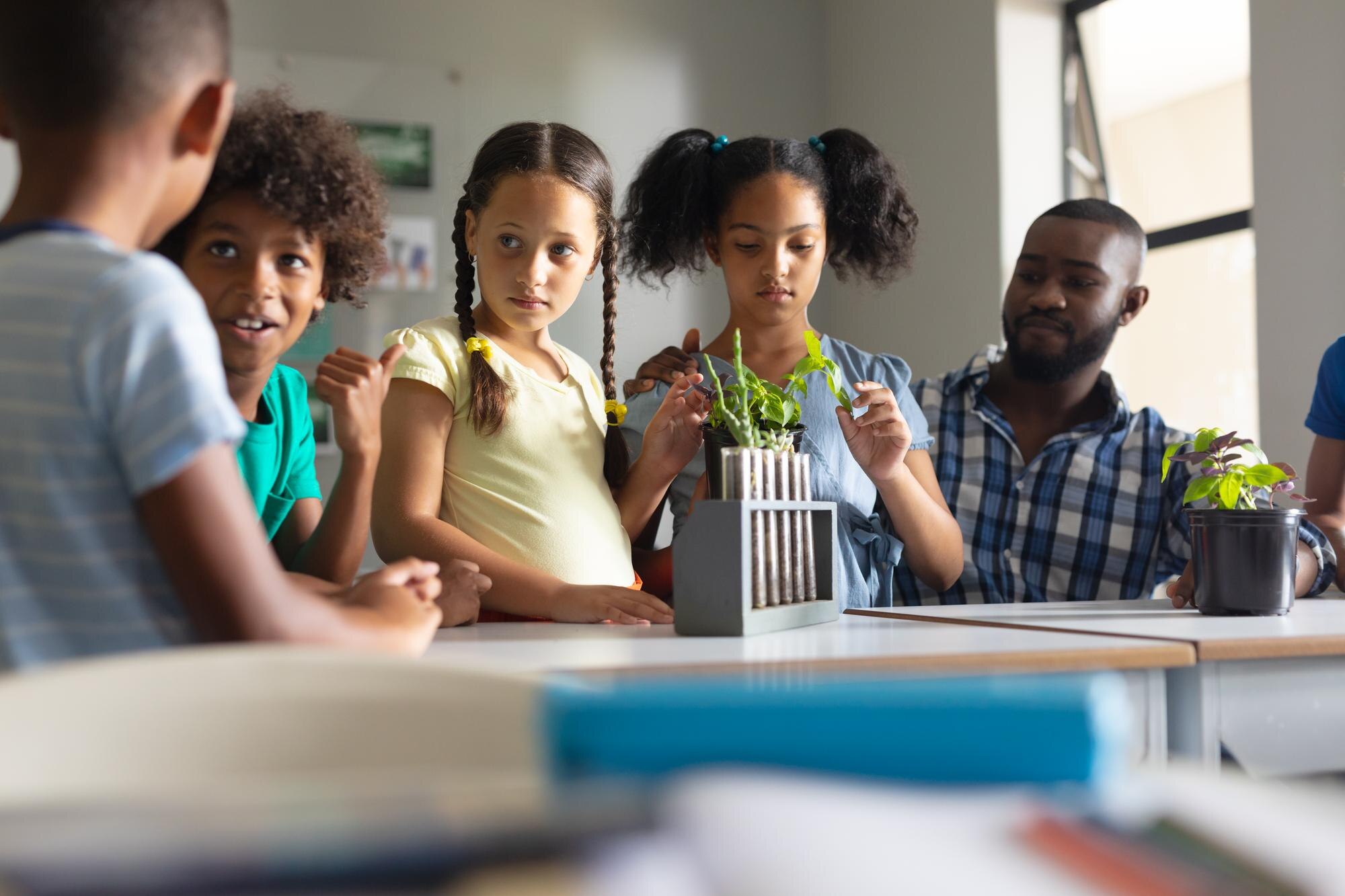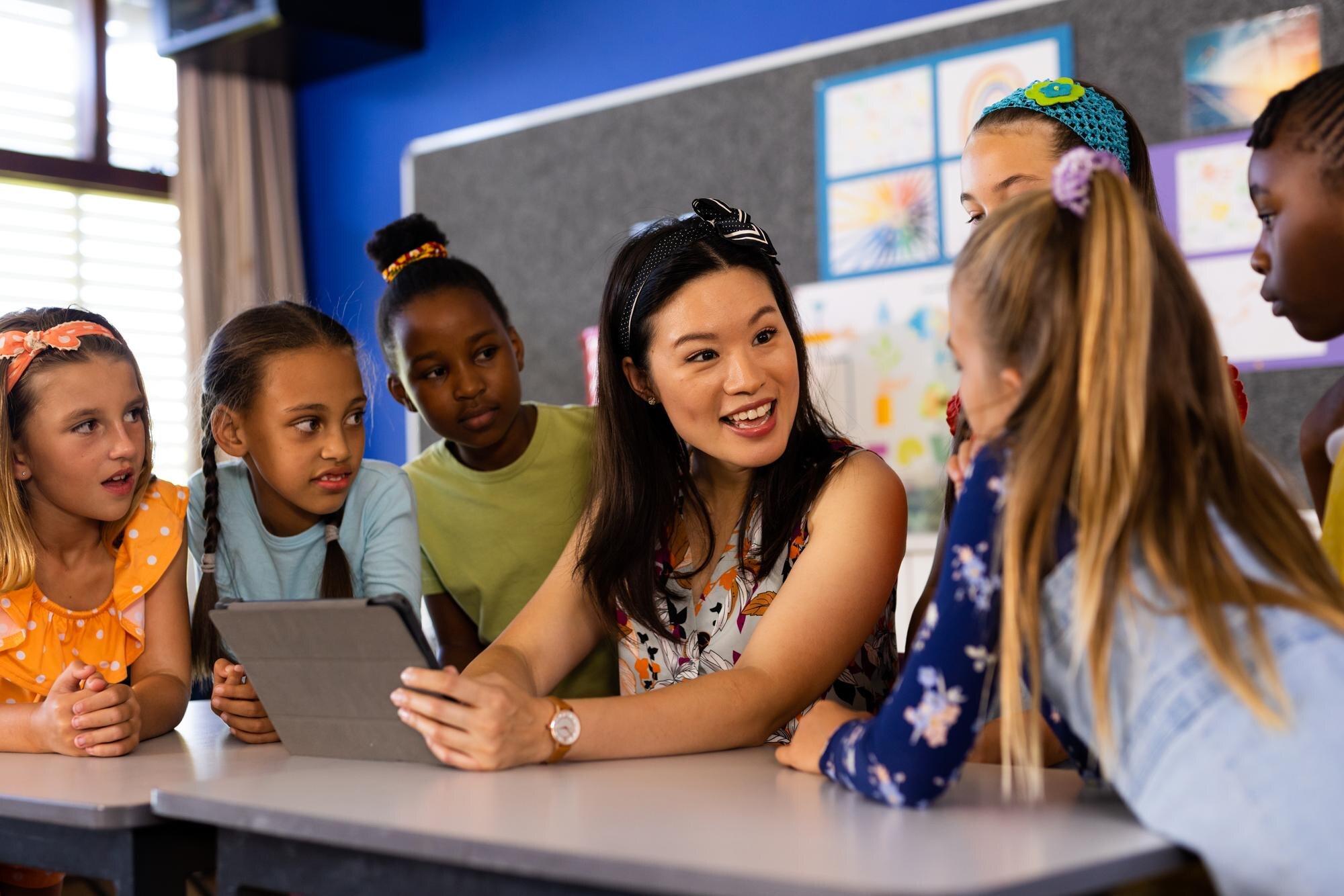
Empowering Gifted Students: Top Strategies for Educators to Foster Resilience and Confidence
Gifted students often walk a tightrope, balancing high expectations with the weight of emotional challenges. You see their potential, yet their struggles with confidence and resilience can be daunting. Imagine a space where these students thrive, not just academically, but emotionally. This journey begins with the right educational strategies, crafted to bolster their inner strength. In this blog, you’ll uncover actionable ways to nurture resilience and confidence in gifted students, ensuring they not only cope but flourish. Ready to empower these young minds? Let’s dive in. Learn more about developing resilience in gifted students.
Building Resilience in Gifted Students

Resilience is a crucial trait for gifted students, helping them navigate the unique emotional challenges they face. This section explores how educators can recognize these challenges and develop strategies to foster resilience.
Recognizing Emotional Challenges
Gifted students often experience intense emotions, which can manifest as anxiety or perfectionism. Understanding these emotional dynamics is the first step in supporting their resilience. Educators need to be observant and empathetic to identify signs of stress or emotional overwhelm.
Signs to watch for include:
Withdrawal from activities
Increased irritability
Difficulty concentrating
Once identified, it’s essential to address these emotions with patience and understanding. According to ESC, recognizing these challenges early can prevent academic setbacks and emotional distress.
Creating a supportive environment where students feel safe discussing their feelings can enhance their emotional resilience. Encourage open communication and provide resources for emotional support.
Developing Coping Mechanisms
To build resilience, gifted students must learn effective coping mechanisms. These strategies help them manage stress and maintain emotional balance.
Encourage Self-Reflection: Help students understand their emotions and triggers. Journaling can be an effective tool for this.
Teach Relaxation Techniques: Methods such as deep breathing and meditation can calm anxious minds.
Promote Problem-Solving Skills: Guide students in breaking down challenges into manageable steps.
By implementing these strategies, educators can empower students to handle stress constructively. Gifted Challenges offers insights on creating personalized coping strategies for gifted students.
Encouraging Perseverance
Perseverance is key to overcoming hurdles and achieving goals. Gifted students may struggle when they encounter difficulty for the first time, as they are often used to excelling without much effort.
To foster perseverance:
Set Realistic Goals: Encourage students to set achievable, short-term goals. This builds confidence.
Celebrate Effort, Not Just Success: Highlight the importance of effort and learning from mistakes.
Model Resilient Behavior: Share personal stories of perseverance to inspire students.
Through these practices, educators can nurture a mindset that values persistence and resilience, crucial for long-term success.
Strategies for Confidence Building

Confidence is a cornerstone for personal and academic growth in gifted students. By using positive reinforcement and fostering a supportive environment, educators can enhance students’ self-assurance.
Positive Reinforcement Techniques
Positive reinforcement is vital in boosting confidence. By acknowledging efforts and achievements, educators can motivate students to strive for excellence.
Immediate Feedback: Provide specific and immediate feedback to reinforce positive behaviors.
Use of Praise: Tailor praise to individual achievements to make it meaningful.
Reward Systems: Implement systems to reward effort and improvement.
Genie Academy emphasizes the importance of reinforcement in developing a growth mindset, encouraging students to embrace challenges.
Creating a Safe Learning Environment
A safe learning environment is crucial for confidence building. Students should feel secure in expressing themselves and taking intellectual risks.
Strategies to create such an environment include:
Establishing Clear Rules: Set rules that promote respect and inclusivity.
Encouraging Collaboration: Foster teamwork to build social skills and peer support.
Providing Constructive Feedback: Focus on constructive feedback that guides improvement.
By prioritizing safety and support, educators can create a classroom atmosphere that nurtures confidence. Insights from Edmentum highlight the role of environment in student development.
Encouraging Self-Expression
Self-expression is fundamental to confidence. Gifted students should be encouraged to share their thoughts and ideas freely.
Incorporate Creative Activities: Use projects that allow for personal expression and creativity.
Create Discussion Opportunities: Facilitate open discussions on various topics.
Support Varied Learning Styles: Tailor activities to different learning preferences.
These practices can help students feel valued and understood, reinforcing their self-confidence.
Enhancing Emotional Support

Emotional support is essential for gifted students to thrive. By fostering strong connections and implementing mindful practices, educators can support their emotional well-being.
Fostering Family and Peer Connections
Strong relationships with family and peers can provide a support network for gifted students. These connections offer emotional grounding and encouragement.
Organize Family Engagement Activities: Encourage family involvement in educational experiences.
Facilitate Peer Interaction: Create opportunities for students to connect and collaborate.
Promote Mentorship Programs: Mentorship can provide guidance and support from experienced individuals.
Building these networks can help students feel supported and understood in their educational journey.
Implementing Mindfulness Practices
Mindfulness practices can help gifted students manage stress and improve focus. Techniques such as meditation and deep breathing foster emotional regulation.
Introduce Mindfulness Sessions: Conduct regular sessions to teach mindfulness techniques.
Encourage Daily Practice: Suggest incorporating mindfulness into daily routines.
Use Mindfulness Apps: Recommend apps or resources for guided practice.
These practices can enhance students’ emotional resilience and mental clarity, promoting overall well-being.
Engaging with VK Creative Circle Resources
VK Creative Circle offers resources that integrate emotional healing with high-performance coaching. These services are designed to support gifted students and their families in developing resilience and confidence.
Explore Workshops: Participate in workshops focused on emotional and personal growth.
Access 1:1 Coaching Sessions: Benefit from personalized guidance tailored to individual needs.
Join the Community: Connect with a community of educators and families dedicated to supporting gifted students.
By engaging with VK Creative Circle’s resources, educators and families can provide comprehensive support for gifted students’ emotional and educational needs.

A certified Heal Your Life® Coach with 20+ years in education and emotional development. Supports gifted teens in navigating anxiety, perfectionism, and identity challenges, while equipping parents with practical tools for lasting transformation. Sessions blend emotional healing, mindset mastery, and strategic empowerment.



